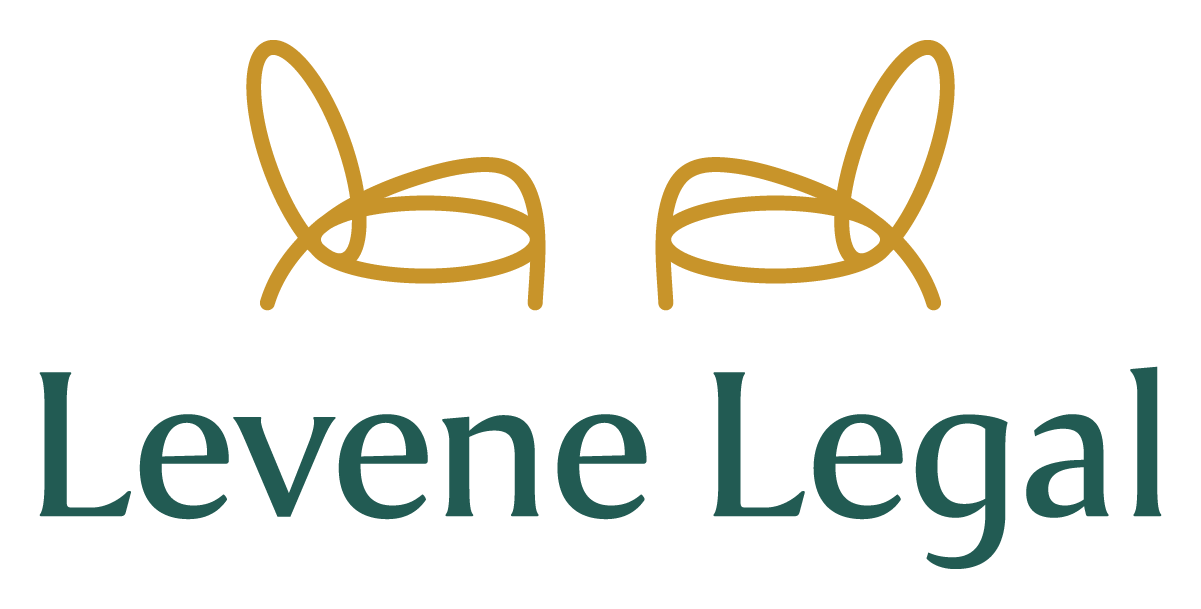What Not to Ask a Job Applicant
Questions asked on a job application and during an interview with an applicant are crucial parts of the recruitment process. As an employer, you use these opportunities to gain vital information needed to determine whether a candidate is the right fit for the position as well as for your company. But employers need to be careful about which questions they are asking so that they don’t run afoul of the law. Below are pre-employment inquiries that Connecticut employers cannot make.
Criminal Records
On an initial employment application, employers may not ask an applicant about:
Prior arrests
Criminal charges
Convictions
This rule does not apply when:
An employer is covered by a federal or state law that requires it do so; or
The position applied for requires a security, fidelity bond, or an equivalent bond.
After the initial application, an employer can ask about prior arrests, criminal charges, or convictions. However, an employer may never ask an applicant to disclose erased criminal records.
Age
On an initial employment application, employers are prohibited from asking applicants for their:
Age
Date of birth
Dates of attendance at or date of graduation from an education institution
This prohibition does not apply when the requested information is:
Based on a bona fide occupational qualification or need; or
Required to comply with federal or state law
An employer can ask for this information after the initial employment application.
Wages
An employer cannot ask an applicant about their wage or salary history unless:
The applicant has voluntarily disclosed such information; or
The disclosure or verification of salary history for employment purposes is authorized by federal or state law.
Employers are not prohibited from asking about other components of an applicant’s compensation structure (i.e. stock options) so long as they don’t inquire about the value of those components.
Family Status
Employers may not request information pertaining to an applicant’s family status. This includes information regarding:
Child-bearing age or plans
Pregnancy
Function of their reproductive system
Use of birth control methods
Family responsibilities
Some examples of questions not to ask include:
Whether the applicant is married, divorced, separated, widowed, or single
Who resides with the applicant
Whether the applicant has children
This prohibition does not apply if the requested information is directly related to a bona fide occupational qualification or need.
Protected Class
Employers need to be mindful that they are not asking discriminatory questions or questions that may give the appearance of discrimination. This means that applicants should not be asked for information that relates to a protected class, such as gender identity, religion, and disability, unless there is a bona fide occupational qualification or need.
Questions should be framed to ask for only the information needed to determine if the candidate should be hired. Here are some examples:
If the position would require the applicant to work on Sundays:
Do not ask - Do you go to church on Sundays?
Ask - Are you able to work on Sundays?
If the law requires the applicant to be at least 21 years old:
Do not ask - How old are you?
Ask - Are you at least 21 years old?
If the position requires that the applicant have the ability to lift up to 50 pounds:
Do not ask - Do you have a disability?
Ask - Are you able to perform the essential functions of this job with or without a reasonable accommodation?
Bona Fide Occupational Qualification or Need
A bona fide occupational qualification or need means that the information or qualification is reasonably necessary to the normal operation of its particular business or enterprise. This is a very narrow exception. Employers should consult with an attorney to determine if a bona fide occupational qualification or need exists.
Keeping track of all of the dos and don’ts of the hiring process can be a lot of work. Levene Legal can help make the hiring process easier by working with your company to:
Evaluate your current hiring policies and practices
Draft hiring policies and procedures that are legally compliant
Develop trainings for employees involved in the hiring process

